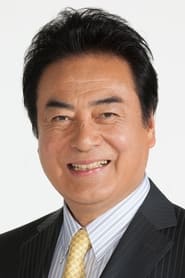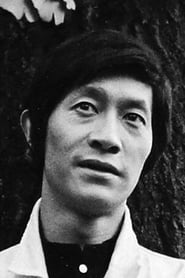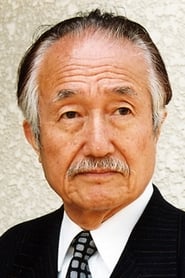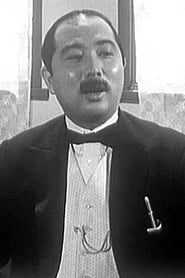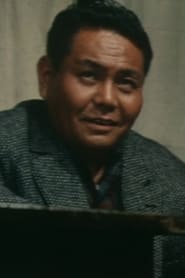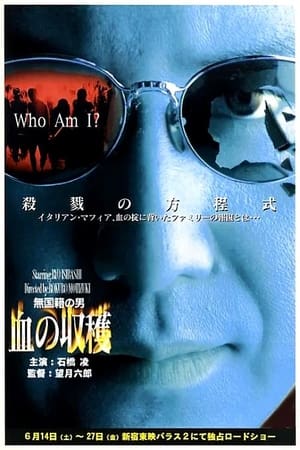
Chivalrous Life(1965)
In the middle of the era, Taisho, a big boss in Asakusa Iizuka, was severely questioned by the police about the source of funds for the Daido Federation, to which he belonged. The creditor, Izo, visited the local police station daily, worried about the safety of his boss, and himself came to the attention of the police. Izo embarks on a journey to escape, but in the meantime, the new rising yakuza Dojima plans to kill Iizuka...

Movie: Chivalrous Life
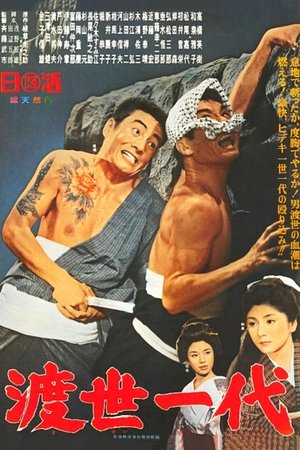
渡世一代
HomePage
Overview
In the middle of the era, Taisho, a big boss in Asakusa Iizuka, was severely questioned by the police about the source of funds for the Daido Federation, to which he belonged. The creditor, Izo, visited the local police station daily, worried about the safety of his boss, and himself came to the attention of the police. Izo embarks on a journey to escape, but in the meantime, the new rising yakuza Dojima plans to kill Iizuka...
Release Date
1965-03-07
Average
0
Rating:
0.0 startsTagline
Genres
Languages:
日本語Keywords
Similar Movies
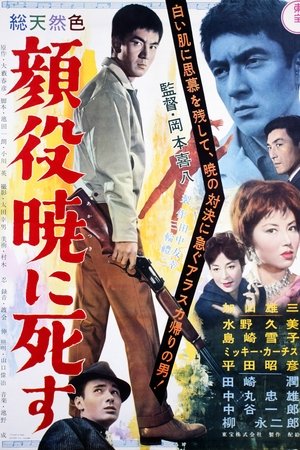 6.2
6.2Big Shots Die at Dawn(ja)
An early Okamoto yakuza film, though it's not in the Underworld series (along with The Last Gunfight and The Big Boss) despite being alternatively known as "Death of the Boss." While Okamoto did not write this film and took on the project because he was assigned and "just doing [his] job" according to an interview with Chris Desjardins in Outlaw Masters of Japanese Film, he did express a general excitement about working in action cinema (which shows through in this film's energy.)
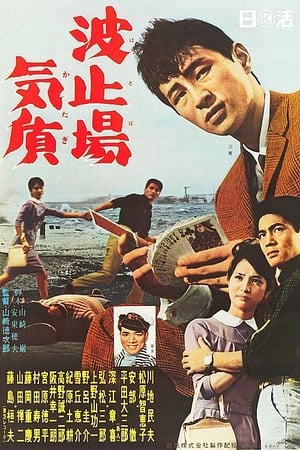 0.0
0.0Wharf Temperament(ja)
The story of male friendship unfolding during a boxing match between the navigator, who took responsibility for the accident and went ashore from the ship, and a young docker, whom he loves like a younger brother.
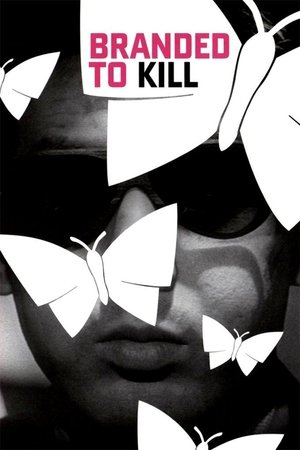 7.2
7.2Branded to Kill(ja)
After botching his latest assignment, a third-ranked Japanese hit man becomes the target of another assassin.
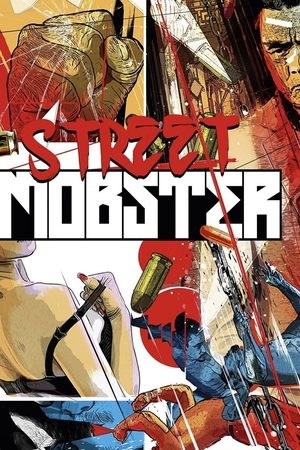 6.9
6.9Street Mobster(ja)
After serving time, a defiant street thug is incensed to find his town overrun by two yakuza factions. He gathers his crew and takes them on.
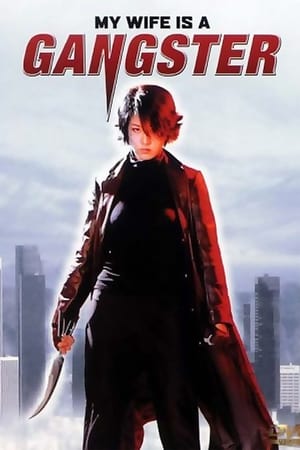 5.9
5.9My Wife Is a Gangster(ko)
Eun-jin who is a living legend among the gangsters dominates the male-centered underworld wielding only a pair of her trademark blades. One day, Eun-jin finds her sister from whom she was separated at an orphanage during childhood, and her sister tells Eun-jin that her last dying wish is to see that Eun-jin gets married.
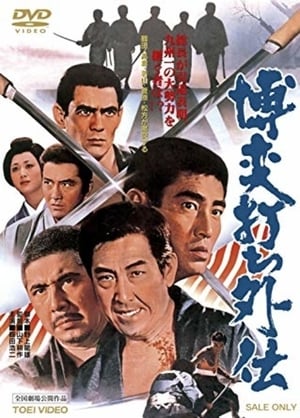 5.0
5.0The Pledge(ja)
When Omuro Yahachi of the Omuro family is selected as Mutsumikai Soke's successor, the conflict between the Kitakyushu and Wakamatsu begins.
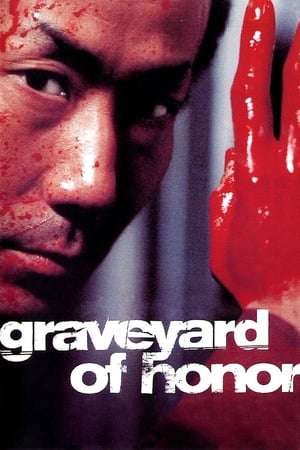 6.3
6.3Graveyard of Honor(ja)
A barkeeper saves a Yakuza boss' life and thus makes his way up in the organization. However, his fear of nothing soon causes problems.
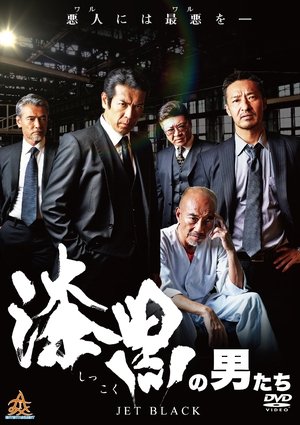 7.0
7.0Jet Black(ja)
Takemiya Union Tōjō-gumi Wakagashira Yasuda (Hitomi Matsuda) retaliates against the Kansai-based Myōjin-kai by attacking their office after an assassination attempt on Union chairman Shimamura (Shunsuke Kariya). Joined by Yamashina-gumi Wakagashira Kiryu (Yoshiyuki Yamaguchi), the two succeed and pledge to work as brothers without an official oath, dedicating themselves to their organizations and the Union. The Union faces upheaval with Shimamura's retirement announcement and the loss of his son, Katsuto (Hitoshi Ozawa). The leadership race narrows to Tōjō (Hiroyuki Watanabe), Yasuda's boss, and Yamashina (Masahiro Noguchi), Kiryu's boss. Just as Yasuda’s casino operation thrives, a police raid confiscates all earnings and forces its closure. In desperation, Yasuda turns to a certain man (Naoto Takenaka) for help.
 7.0
7.0Jet Black 2(ja)
Yasuda (Hitomi Matsuda), the Wakagashira of the Takemiya Union Tōjō-gumi, infiltrates the hideout of the Yamashina-gumi's Sakazaki (Junichi Kawamoto), who had been secretly engaged in organ trafficking. Yasuda tries to extract the truth from Sakazaki, but is killed by Detective Hyūga from the Organized Crime Division (Marubō). The blame is pinned on Yasuda, leading to his arrest. Two years later... In Yasuda's absence, the boss of the Tōjō-gumi, Tōjō (Hiroyuki Watanabe), is assassinated by a hitman from the Myōjin-kai. The situation changes drastically. Nikaidō (Tarō Kawano) pressures Yasuda to reestablish his oath of allegiance, but Yasuda firmly refuses. Frustrated by Yasuda's response, Nikaidō makes a certain proposal to the union's chairman, Shimamura (Shunsuke Kariya).
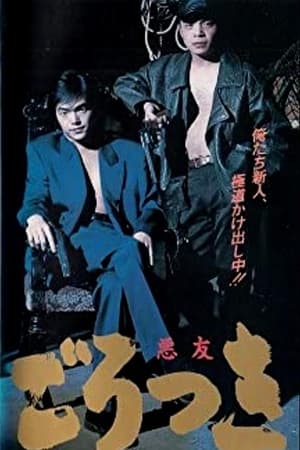 0.0
0.0Gorotsuki(ja)
This coming-of-age drama comically depicts two young men who yearn to become members of the yakuza underworld, focusing on the apprenticeship of a rookie yakuza
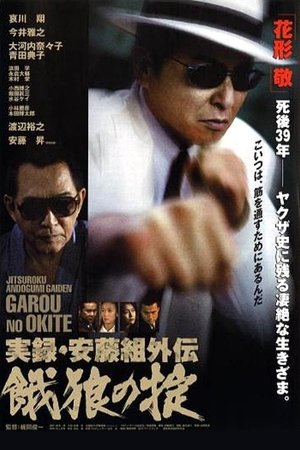 0.0
0.0True Record of an Ando Gang Side-Story: Starving Wolf's Rules(ja)
Former yakuza gang boss Noboru Ando reminisces about old partner in crime Kei Hanagata.
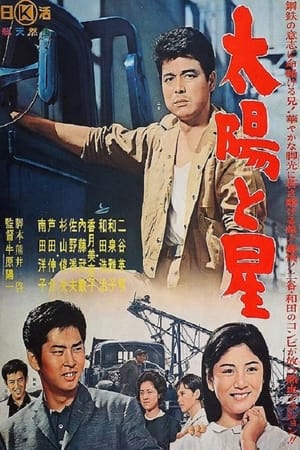 0.0
0.0Sun and Stars(ja)
It's a thrilling, action-packed entertainer with sparks of men versus villains in an up-and-down tale of brothers burning with masculine will and passion.
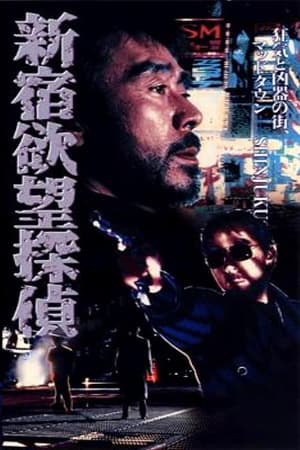 0.0
0.0The Hungry Shinjuku Detective(ja)
The private eye of Shinjuku Yokubo Tantei is a lone wolf, lush, and loser but has kept his integrity in a dirty, dangerous world.
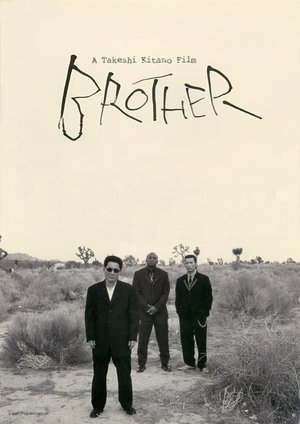 7.1
7.1Brother(ja)
A Japanese Yakuza gangster's deadly existence in his homeland gets him exiled to Los Angeles, where he is taken in by his little brother and his brother's gang.
 7.6
7.6Dolls(ja)
Dolls takes puppeteering as its overriding motif, which relates thematically to the action provided by the live characters. Chief among those tales is the story of Matsumoto and Sawako, a young couple whose relationship is about to be broken apart by the former's parents, who have insisted their son take part in an arranged marriage to his boss' daughter.
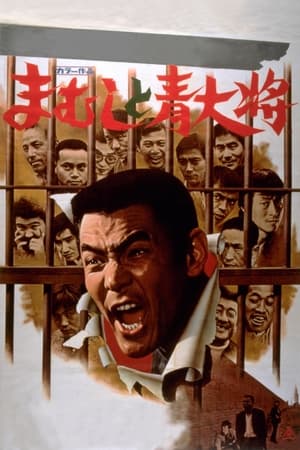 0.0
0.0The Viper Brothers and the Young General(ja)
The last in the series. Sugawara runs into two mahjong cheaters (Ichiro Araki and Mako Midori + sidekick Takuzo Kawatani) whom he takes for friends in need as his naivety prevents him from seeing their true nature.
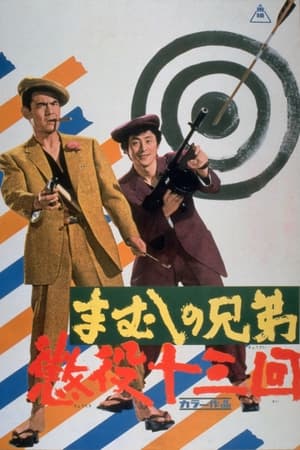 0.0
0.0The Viper Brothers: Prison Gang 13(ja)
Part 3 in a long running (8+1 films) action/comedy/melodrama series about a pair of short tempered, amoral, but not evil chinpira (Bunta Sugawara and Tamio Kawachi) thinking too big of themselves.
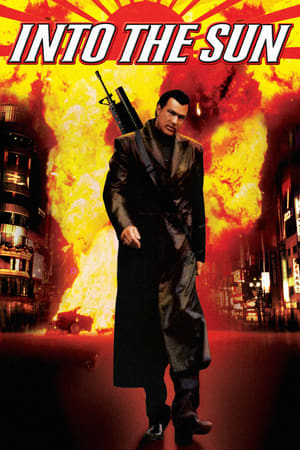 4.5
4.5Into the Sun(en)
After the assassination of Tokyo's Governor by Yakuza members, the CIA bureau chief (William Atherton) for Tokyo puts out a call to an agent (Steven Seagal) that had been raised in Japan and trained by ex-Yakuza. Using his former ties, he quickly determines that a war is brewing between old-guard Yakuza members and a young, crazed leader (Takao Osawa) with ties to the Chinese Tong.
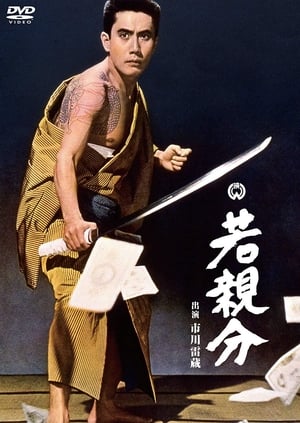 7.0
7.0Young Boss(ja)
After a yakuza boss is assassinated by a rival, his naval officer son returns home to take over the gang.
